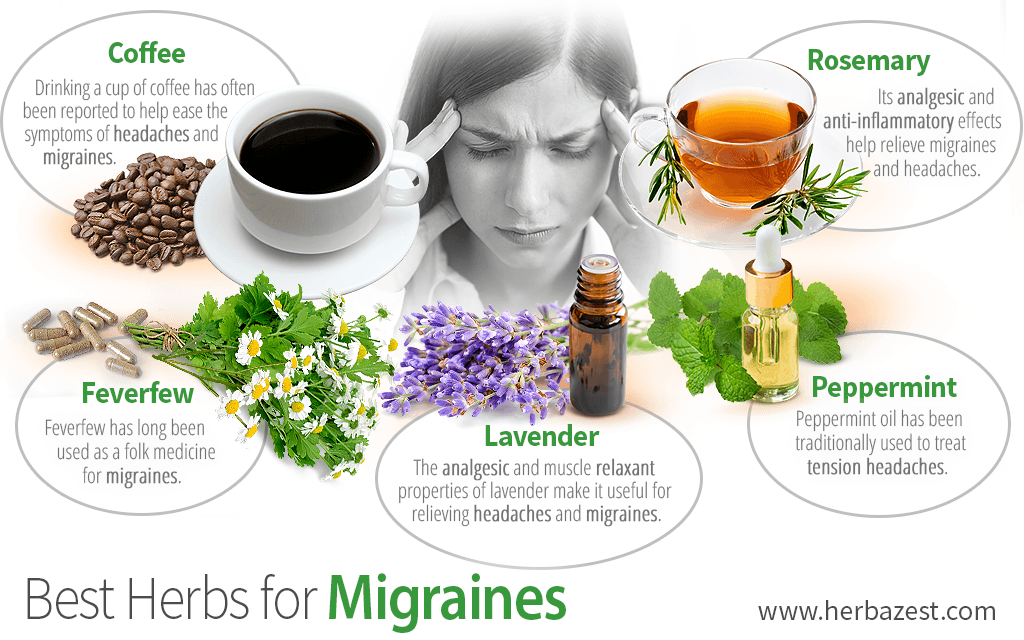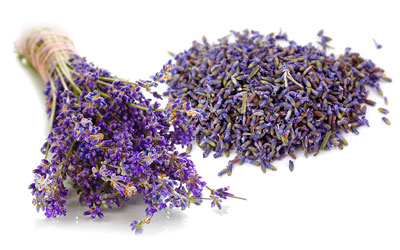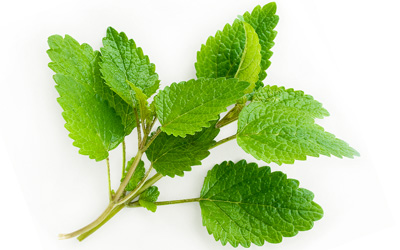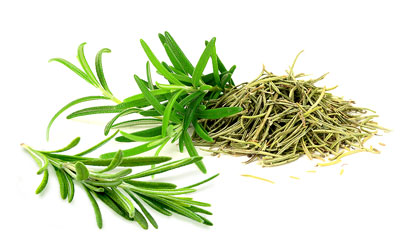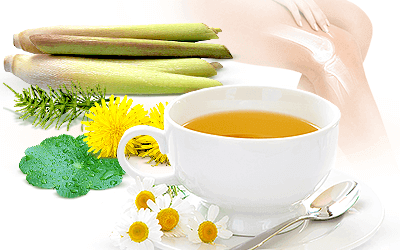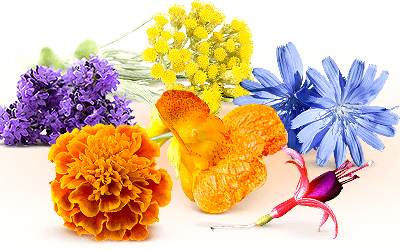Migraine is the second most prevalent cause of disability worldwide, affecting over one billion people globally.1 About 1 out of every 6 Americans and 1 in 5 women reported migraine and severe headache over a 3-month period.2
Headaches and migraines have many commonalities: they can be triggered by stress, fatigue, lack of sleep, food allergies, or skipping meals. The differentiating factors are that migraines can also be caused by a number of other triggers, such as weather, light, smell, and smoke. While both are painful, migraines are typically more severe and are characterized by unilateral pulsing headaches, as well as nausea, vomiting, and sensitivity to light and sound. Recently, there has been an emerging interest in natural treatments for controlling and treating migraine headaches.
Herbs for Headaches and Migraines
The following are some of the best herbs for migraines and headaches:
1. Coffee
Drinking a cup of coffee has often been reported to help ease the symptoms of headaches and migraines. This is not surprising, as coffee contains high levels of caffeine - a key ingredient in many pain-relieving medications for headaches, as it stops the effects of adenosine in the brain. However, the influence of coffee for migraines are dose dependent, and it is recommended not to consume more than 400 milligrams (mg) of caffeine a day.3 There are many over-the-counter medicines for pain relief that contain caffeine, but the most traditional way of consuming coffee is as a hot beverage.
2. Feverfew
As its name suggests, feverfew has often been used as an antipyretic (fever reducer). However, it has a long history in traditional and folk medicine of relieving migraine headaches. While modern science has shown its effectiveness for migraines, the mechanism of action is still under investigation.4 Feverfew is most readily available in capsule, tablet, or liquid extract form.
3. Lavender
One of the main compounds of lavender, cineol, have been shown to have analgesic and muscle relaxant activities, which inhibit periferal neurons' stimuli, and this fragrant herb has been traditionally used for treating headaches and migrains. The most common way of using lavender is inhaling its essential oils through aromatherapy.5
4. Peppermint
Studies have reported that when applied topically with ethanol, peppermint oil is useful in the treatment of tension headaches. In fact, a 10% peppermint oil preparation has been shown effective for reducing a headache in just 15 minutes.6 Peppermint oil can also be applied topically for pain relief.
5. Rosemary
The essential oil extracted from rosemary has been show to help combat headaches thanks to its analgesic and anti-inflammatory properties.7 Rosemary is best taken as an infusion.
Important Notes about Herbal Remedies for Headaches and Migraines
When treating headaches and migraines with the herbs discussed above, you should always use caution and understand their potential interactions and side effects. With respect to coffee, it should be noted that the effects of caffeine can vary greatly depending on how often it is consumed.
Additionally, pregnant and nursing women should also exert special caution when using the herbs discussed above, particularly feverfew, which they should avoid. It should also not be administered to children under the age of two. If you are unsure of the possible side effects or health risks associated with your natural remedy of choice, be sure to consult your doctor.
Prescription drugs aren't always the answer for migraine headaches, and if a suitable alternative natural remedy exists, it may be worth trying. In this case, there are many natural herbs that are useful in treating headaches, so talk to your doctor about which might be the right fit for you!
Sources
- American Family Physician, Peppermint Oil, 2007
- American Headache Society, Caffeine and Migraine
- Headache: The Journal of Head and Face Pain, Precipitation and Aggravating Factors of Migraine Versus Tension-type Headache, 2001
- Journal of Korean Biological Nursing Science, Effects of Aromatherapy in blending oil of Basil, Lavender, Rosemary, and Rose on Headache, Anxiety and Serum Cortisol level in the Middle-Aged Women, 2010
- National Headache Foundation, Feverfew (Tanacetum Parthenium)
- The Migraine Trust, Facts and figures | More than "just a headache" | Supplements and herbs
- Medicinal Plants of the World, pp. 98, 234, 276
- University of Maryland Medical Center, Feverfew
- Phytomedicine, Essential plant oils and headache mechanisms
Footnotes:
- Cureus. (2022). Migraine: An Underestimated Neurological Condition Affecting Billions. Retrieved October 10, 2022 from: https://pubmed.ncbi.nlm.nih.gov/36168353/
- Headache. (2018). The Prevalence and Impact of Migraine and Severe Headache in the United States: Figures and Trends From Government Health Studies. Retrieved October 10, 2022 from: https://pubmed.ncbi.nlm.nih.gov/29527677/
- Mayo Clinic. Nutrition and healthy eating. Retrieved October 10, 2022 from: https://www.mayoclinic.org/healthy-lifestyle/nutrition-and-healthy-eating/in-depth/caffeine/art-20045678?p=1
- British Medical Association (BMJ). (1985). Efficacy of feverfew as prophylactic treatment of migraine. Retrieved October 10, 2022 from: https://www.ncbi.nlm.nih.gov/pmc/articles/PMC1418227/
- European Neurology. (2012). Lavender essential oil in the treatment of migraine headache: a placebo-controlled clinical trial. Retrieved October 10, 2022 from: https://pubmed.ncbi.nlm.nih.gov/22517298/
- Der Nervenarzt. (1996). Effectiveness of Oleum menthae piperitae and paracetamol in therapy of headache of the tension type. Retrieved October 10, 2022 from: https://pubmed.ncbi.nlm.nih.gov/8805113/
- Iranian Journal of Basic Medical Sciences. (2020). Therapeutic effects of rosemary (Rosmarinus officinalis L.) and its active constituents on nervous system disorders. Retrieved October 10, 2022 from: https://www.ncbi.nlm.nih.gov/pmc/articles/PMC7491497/


